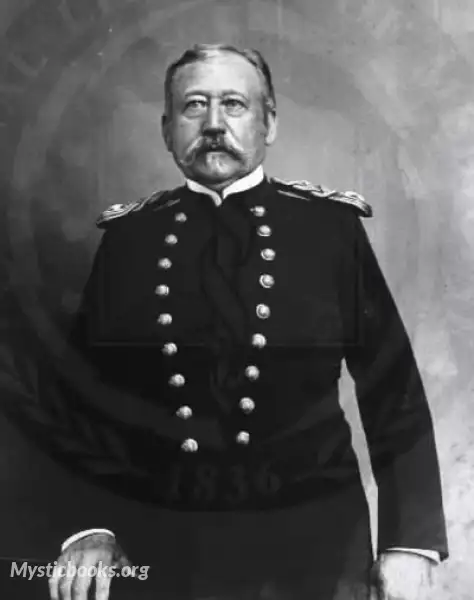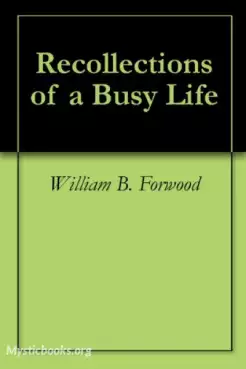
Timeline
Title
Country/Nationality
William Forwood
Sir William Bower Forwood was an English merchant, shipowner and politician. He was a wealthy businessman and a local politician in Liverpool who raised money for the building of the Liverpool Overhead Railway and Liverpool Cathedral.
Forwood was born in Edge Hill, Liverpool, the second son of Thomas Brittain Forwood, a Liverpool merchant, and Charlotte née Bower. He was educated at Liverpool Collegiate and at a Pestalozzian school in Worksop. He joined the family business in 1859 and, when his father retired from it on 22 November 1862, ran it with his elder brother, Arthur. This was when the cotton trade was being disrupted by the American Civil War. The brothers made a fortune "first from wartime speculation and blockade running, and then from exploiting telegraph and cotton futures".
The brothers set up offices in New York City, New Orleans and Bombay and ran a small fleet of ships that traded in the West Indies, Costa Rica and New York. William entered politics in 1868 when he was elected to Liverpool Town Council, serving on it for over 40 years, and was a JP for Lancashire from 1882. He was president of the American chamber of commerce in 1872 and of its Liverpool equivalent in 1871 and 1878–81, became president of the Liverpool Cotton Association.
Forwood's first marriage was in 1862 to Mary Eleanor née Moss , daughter of William Miles Moss , a Liverpool merchant and shipowner, and Esther née Johnson . Forwood and Mary had three sons and seven daughters. Mary died in 1896 and in 1898 he married Elizabeth Constant née Hughes – later Hughes Le Fleming , the daughter of Major-General George Cumberland Hughes le Fleming and his second wife Anne Jane née Rennick of Rydal Hall, Cumbria.
Forwood was a committed Anglican Christian who, as well as raising funds for the construction of Liverpool Cathedral, also developed a lasting relationship with St Martin's Church, Bowness-on-Windermere, where he funded the construction of a War Memorial Chapel in the early 1920s.
He developed an interest in yachting, was commodore of the Mersey and the Windermere yacht clubs, and was co-founder of the Yacht Racing Association. Forwood died at the Belmond Reid's Palace hotel in Funchal, Madeira. He was buried in Windermere Cemetery, Rayrigg Road in Windermere. His estate amounted to a little more than £356,000.
Books by William Forwood

Recollections of a Busy Life
Liverpool in the second half of the 19th century was burgeoning with rich merchants and swollen with poor immigrants. It was known variously as the "New York of Europe" and the "Black Spot on the Mersey." Waist-deep in this mosaic we find William Bow...